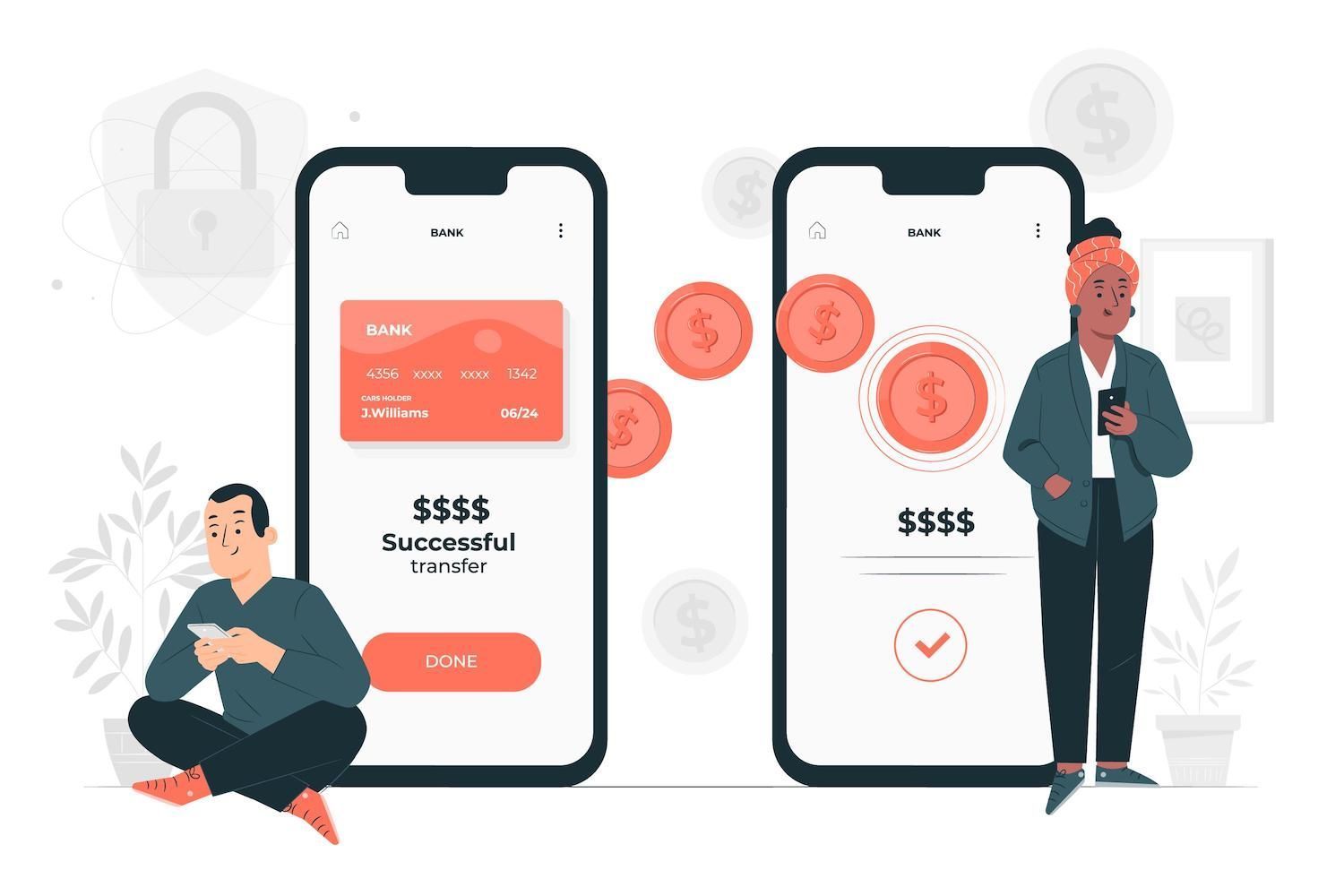What is it that Epic wants to see in App Stores that other game developers Really Want? -
When mobile app and game developers are struggling to breathe under the duopoly tax that cuts 30 percent to nearly all gaming revenue on mobile, Epic Games has emerged as the leading gaming company striving for open computing in mobile.
Privately, they asked both small and large studios to present games with that they were looking for in games, and this is what they wanted to see.
Background: The slow death of Open Computing, and the 30% App Tax
Computing has never been easier to access than it is now. Since the beginning, game and software developers have relied on the open nature of computing PC and Mac platforms as it allows game makers to develop their games any way they like, and maintain a close relationship with customers, and pick payment methods that meet the requirements of their players. There were no gatekeepers, just a computer players or a game. Nowadays, the world changes.
Nowadays, over half of the time spent on screens to use computers is spent using mobile devices, which is growing - as well as more than 100% of smartphones' market share is held by Apple and Google. Due to the dominance of smartphones in the market as well as the encroaching restrictions on distribution of games and online commerce, the globe that is exposed to computer technology is at risk greater than it has ever been and this is creating huge costs to users in addition to app and game developers.
As an example, in both cases, Google as well as Apple's apps stores require the payment of a 30 percent fee for the sales of games as well as other game-related items that are distributed on the respective platform. Apple has the ultimate authority over distribution of games and commerce on iOS devices. Google lets OEM app marketplaces and loads mobile games using sideloading, however, it severely limits in-game third-party payment for games available through Google Play.
Google Play does offer a payment integration that allows third-party companies can use only a few game creators through"user choice billing. " user choice billing" trial. However "user preference billing" is a costly annual marketplace fees of 26%, regardless of whether you choose to use the payment processor you own and you take all the risk and obligation to comply with payments.
The result from Apple and Google's dominance over an enormous portion of all computing around the globe is that they impose the ability to tax 30 percent of mobile apps and games. The tax is paid by players, but held back from developers of games and games, which limits access to computing for free and online shopping. Since this is the only way to get free computing, developers of games both large and small feel that it's time to implement changes.
What do you think of game developers who don't make games that aren't Epic?
The team at the firm set out on a month-long journey to meet with game designers big and small about their expectations of what should happen in terms of mobile app store policy. Though not all agreed on every aspect, these are three of the most discussed issues they informed us they were looking for:
1. iOS to support sideloading games that don't display scare screens.
iOS is a time-bound platform that allows "sideloading" apps and games that are downloaded outside from the App Store, from the site of the developer, or from an alternative marketplace. The sideloading feature allows users to purchase and developers to promote and distribute games however they choose and which gamers are prepared to pay for. Android allows sideloading of apps and games but only with the horrendous warnings referred to as of "scare screens" that warn people with phones about the risks of "downloading applications from the web." Many of the game developers that we spoke with believed that Apple could allow sideloading and it's essential that Apple and Google refrain from using self-serving screens that disparage software distribution beyond their own app stores.
2. Provide unlimited "steering" as well as embedded payments through third-party payment platforms.
Both Google as well as Apple put strict limitations regarding pricing and transactions made using different payment options outside the apps stores. The same products could be offered for an affordable cost for consumers. However, game designers aren't able to steer their players towards those alternative options, or give links to different online shopping sites or even integrate purchasing experience of a third party into their game. Numerous game developers have discovered that there are benefits to transactions that are made via app stores, the overwhelming decision was to allow users and developers the chance to choose whether or not to stay free of payment limitations and integrate these into their game.
3. A 0% cost for steering as well as embedded payment.
Offering steering or embedded payments is a completely different issue however, similar to that which we've witnessed with the Google "user preferred billing" pilot, having the capability to change the way you bill as well as having the financial motivation for doing it is two separate factors. Pilots of "user billing choices" that included a staggering 26% transaction fee from third party payment service providers. When you add in the cost that service providers pay, it equates to a zero benefit to most game developers. The game developers we spoke to believed that a zero percent fee would be reasonable amount for transactions that are not within the store for apps. Most of them were for an amount of payment for app stores in order to boost game's download and the adoption. However, it is evident that a total of 26% of each transaction performed by a third-party not what the creators believed was reasonable.
What's next?
There are other nuanced wants around how applications function, which game developers want to know about. those three requirements form the foundation of what they think would be the most significant changes to open computing for mobile devices.
About

David Nachman David is the director of the business that is the largest and most reliable e-commerce service supplier for businesses that use software. David is accountable for overseeing the company's growth, which is the basis of their experience and its success in providing top-of-the-line solutions for the growing marketplace of software. Before and throughout the last 20 years, David was in a variety of capacities ranging from functional vice presidents up to CEO positions in companies with high growth, including Vision, Velocify, and HireRight.
The article was published on this site
Article was posted on here
